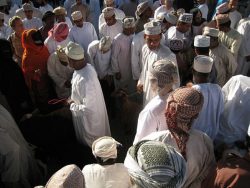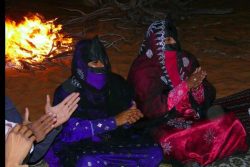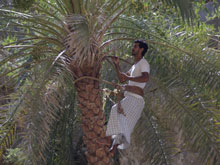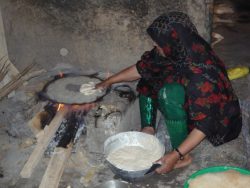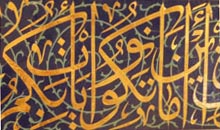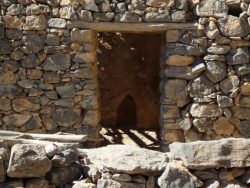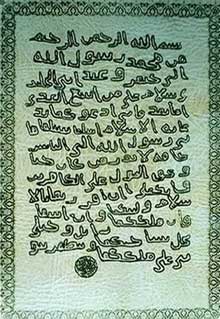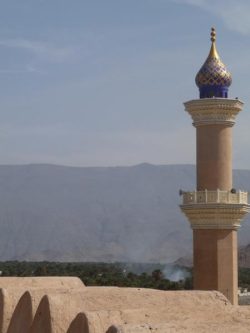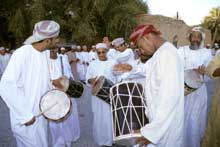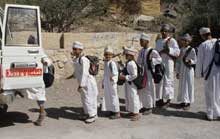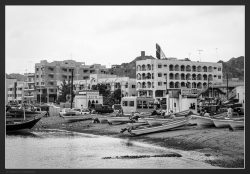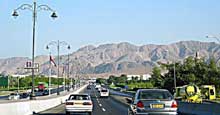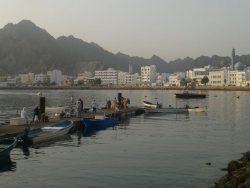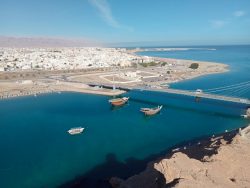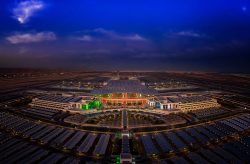People and Society
Population density is very low in Oman (14 inhabitants/km2). People now mostly live in cities, although the cities are quite small and look more like an aggregation of villages. Also, many Omanis live in Muscat because they work there, but they remain very attached to their village and come back there every week-end.
Omani have a tribal society. The surname in Oman is the name of the tribe and all tribes’ names have a meaning. In every village, wilaya, or town, there is a majority tribe. The tribe is something important for Omanis: they often know the story of their tribe and when 2 people meet the tribe is one of the first subject they talk about.
Oman has many different ethnical groups. The main ethnies are:
- Arabs: They are said to have originally come from Yemen and Mesopotamia a very long time ago. Among Arabs, there are also different groups like for example Bedouins (mostly living near sand desert) and Chawis (people from the mountain). They have much in common but also many cultural differences like clothes, dialects, and customs.
- Dhofaris: They live in Dhofar and are also of Semitic origin. Those living on the coast have been mixed with African blood. They are mainly Sunnites and have their own language called “Jabali”.
- Baluchis: They come from Baluchistan, former Omani colony that now belongs to Pakistan. They talk Baluchi, a language of Persian origin.
- Zanzibaris: They come from former colonies or trading posts, mainly from Zanzibar. They talk Swahili.
There are also more recent immigrants, mainly Indians (many coming from Kerala), Bengalis, Pakistanis, and also Malays, Indonesians, Yemenis, Egyptians, Sudanese, and Africans. They represent about 40% of total population. They are often employed for difficult and not well-paid jobs in construction or restauration sectors, but many have also good qualified jobs in private companies, as well as in the private sector.
Oman is a Muslim country. Muslims here are mostly Ibadhis. Ibadhi Islam is said to be rigorous, because people try to follow as good as possible the rules of the Coran. It is also very tolerant: Ibadis for example always refused to fight other Muslims and have much respect for “People of the Book” (Jews and Christians) who pray the same God. They are non-violent and give importance to the “Great Jihad” (in opposition to the “Small Jihad, which is armed fight against infidels), better called “Jihad Al Nafs” which is a personal inner fight to become better in terms of virtue.
Some Christians and Hindous (all of them foreigners) also live in Oman and can practice their religion freely; the Ministry of Religious Affairs even helped to build Churches in Muscat.
Because Oman is an Islamic state, alcohol is not freely sold in the country. Non-muslim expatriates can ask for license to buy alcohol in one shop in Muscat. Otherwise, alcohol is available in hotels and bars having a license to serve it. It is obviously forbidden to drink in public places.
On Fridays all businesses (even restaurants) are closed during the collective Friday Pray.
During Ramadan, restaurants are closed during the day, bars and hotels don’t sell any alcohol (even at night), and it is forbidden to drink, eat or smoke in public.
LANGUAGES
Arabic is the official language. Many dialects (all with an Arabic base) are talked in each region. Some Omanis also talk Baluchi or Swahili. You’ll also hear a lot of Hindi / Urdu. The language for business is English.
HOLIDAYS
- Eid Al Fitr starts at the end of the month of Ramadan ; it marks the end of fasting (10th September, in 2010)
- Eid Al Adhah (Eid Al Kibir) celebrates the sacrifice of Abraham (28th November, in 2010)
- Eid Miloud celebrates the birth of Prophet Mohamed
- Awal Muharram is the Muslim New Year
- 18th November : National Day (Birthday of Sultan Qaboos)
- 23rd July celebrates Al Nahda, the day when Sultan Qaboos got the rulership
ECONOMICAL AND SOCIAL SITUATION
Oman is quite a rich country.
Incomes from oil exploitation allowed the country to quickly develop since 1970. His Majesty Sultan Qabous is very careful with his people and don’t want any Omani to be poor. Nobody is hungry in Oman and public services (school, hospitals and roads), are free for all Omanis and reach even secluded and difficult to reach places. Access to water and electricity is also free, and poorer people enjoy social rates.
School system is quite performant, and above all of an easy access: school is not mandatory but free as well as transportation to school; that’s why close to 100% of the children (girls as well as boys) go to school. A reform of scholarship in 2011 for superior education allowed a majority of youth to study, which was before reserved to a minority.
When Sultan Qaboos came to power, there was no administration in the country. The income from oil industry had to be quickly redistributed so that people can increase their standard of living. That’s why many civil servants were employed. To prepare the post-petrol era, a politic of “Employment omanisation” was implemented to increase the number of nationals working in the private sector.
Main natural resources are oil (reserves should last 20 more years) and gas (reserves for more than 80 years). To prepare the country redevelopment, the government is building first-class roads and industrial centers to attract companies and stimulate private sector. Tourism is seen as another key sector.
The crisis due to COVID-19 put Oman in a difficult economical situation. But the solidity of Oman’s development (good educational system, good health system, excellent infrastructures), its young population, and economical perspectives in the Indian Ocean, are good to signs for a prosperous future.

